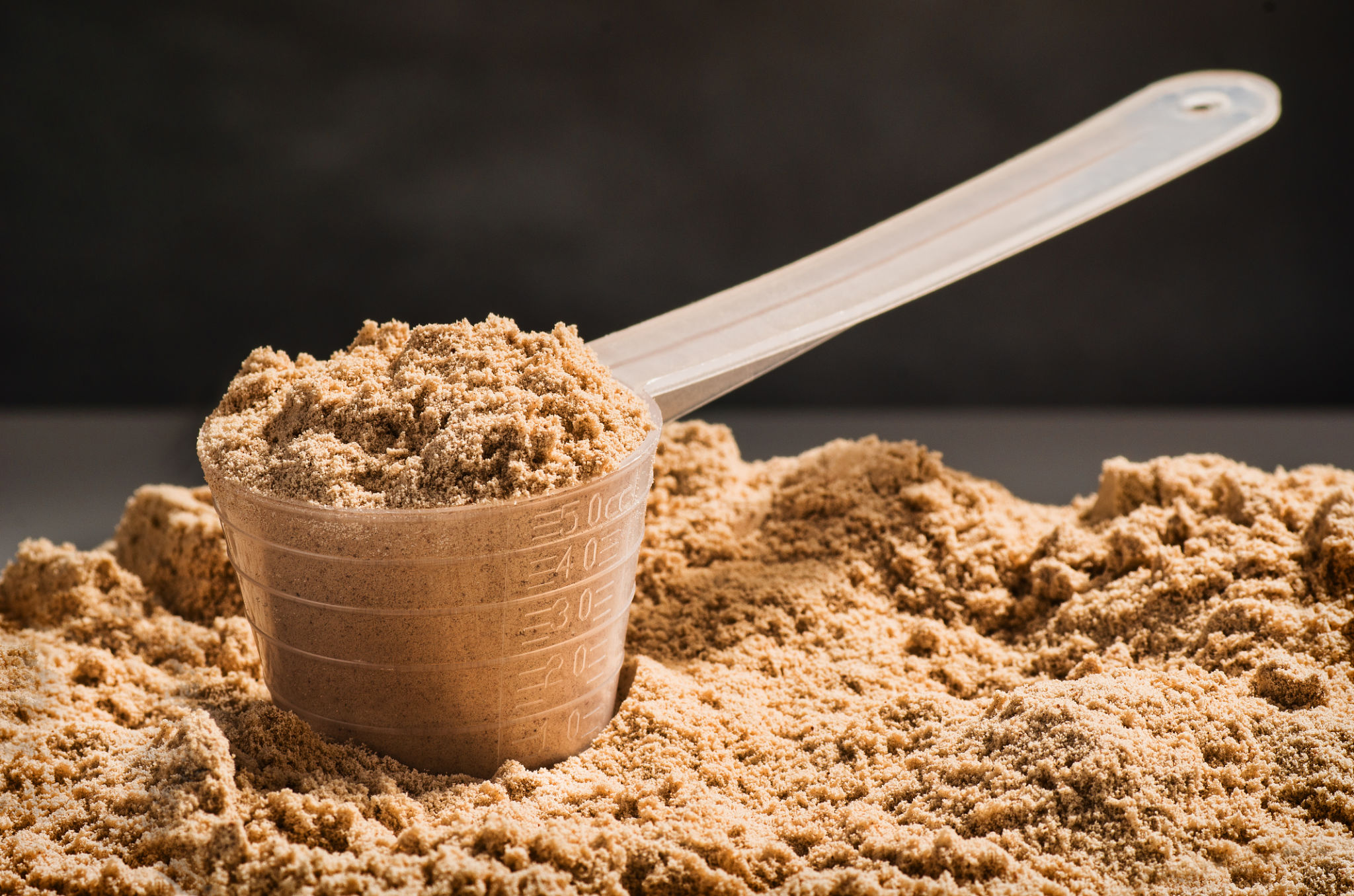If you’re one of the country’s 23.2 percent of individuals who exercise on a regular basis, you’re definitely someone who values health and nutrition. Whey protein is a vital component of many people’s health and nutrition plans.
There are a plethora of whey protein choices to explore. One of the first decisions a gym enthusiast has to make is whether to supplement with whey protein isolate (WPI) or whey protein concentrate (WPC). Whey protein isolate and whey protein concentrate are two distinct types of whey protein.
Gym goers would wonder what the difference is between the two and which one is the healthy choice. Suppliers from Jumeshmos Trading have outlined the differences, benefits, etc., between whey concentrate and whey isolate and how to choose between the two.
Whey Protein
Whey protein is one of two proteins present in milk and other dairy products; casein is the other. Whey protein is found in all animals that give breast milk, including cows, goats, camels, and even humans. Whey protein is derived from whey, a liquid by-product of cheese production. That liquid is primarily water, with some lactose, fat, minerals, and protein, and it contains less than 1% protein.
The body uses protein for various anabolic activities, including muscle repair and growth. Whey protein is a complete protein, meaning it contains all of the essential amino acids, including BCAAs (branched-chain amino acids). Athletes who want to gain muscle and recuperate from intense exercise can benefit from whey proteins.
Whey protein concentrate and whey protein isolate are the two most prevalent types of whey protein on the market. The key difference between whey concentrate and isolate is how they are made, and they both have significant protein content and essentially comparable compositions.
Whey Protein Isolate
Whey protein isolate is the purest form of whey protein available, containing more protein than concentrate. At least 90% of protein is found in isolates. Isolate begins as a concentrate but is purified further to remove additional fat and lactose. For lactose intolerants, they will probably be OK with whey protein isolate.
Isolate is simpler to mix than concentrate, resulting in a thinner, less filling, and more drinkable shake. However, the texture is not as creamy as it is with whey concentrate.
Whey Protein Concentrate
The whey protein concentrate is the most frequent and economical type of whey protein. The majority of whey protein concentrated on the market are between 35 and 80 percent protein. In the food business, protein concentrates with a 35 percent protein content are used to make yogurt, processed cheeses, bread and snack goods, and infant formulas. The whey concentrate utilized in sports supplements has roughly 80% protein.
Water, lactose, and fat are removed during the production of whey protein concentrate. Concentration includes a higher concentration of physiologically active substances and molecules, many of which have potential health advantages. The consistency of a protein shake produced with whey protein concentrate is often thicker than that of a shake made with isolate.
Whey Protein Concentrate Vs. Isolate
Whey concentrates and isolates are affordable, simple, and effective ways to boost your overall protein consumption. Whey protein isolates and concentrate both have a high concentration of essential amino acids, making them perfect for muscle growth.
Despite the fact that your overall protein consumption is the most significant factor, some studies show that supplementing with whey protein, in particular, increases muscle development and strength gains. Whey Protein Isolate Exporter added that whey is a high-quality protein; including it in your diet and combining it with strength exercise can help you gain muscle and strength.
- You should anticipate the same outcomes from whey protein concentrate and isolate because they both supply the same type of amino acids. The effects of concentrated and isolated whey protein on lean mass appear to be almost equal. Because whey isolate has a greater protein concentration, you can use less of it. On the other hand, concentrate is less expensive, so you may use more of it without spending more money.
- If you’re actively trying to cut down or limit your fat or carbohydrate intake, you might find whey isolate the better option since it contains less of both. However, that does not mean that concentration is less suitable for building muscle and losing fat.
- Whey protein, according to scientific research, aids in weight loss. To lose weight, you must burn more calories than you consume, but whey protein can assist. However, studies have found that only whey protein concentrate, not isolate, has this effect. Whey protein isolate can be used as part of a successful weight-loss program, but the research only supports concentrate as a fat-burning supplement.
Final thoughts – which one is better?
To sum it up, both isolate and concentrate have healthy benefits; however, the whey protein isolate has more weightage than concentrate. Here is why:
- Whey protein isolate is a purer version of whey protein that has undergone additional purification procedures.
- Whey isolate has more protein per serving than whey concentrate.
- Whey protein isolate has a low carbohydrate and fat content, making it a better alternative if you wish to limit your intake of those nutrients.
Whether you use whey isolate or concentrate, you can be sure that you’re giving your muscles exactly what they need, when they need it, to fuel your workouts and help you achieve your fitness objectives.


